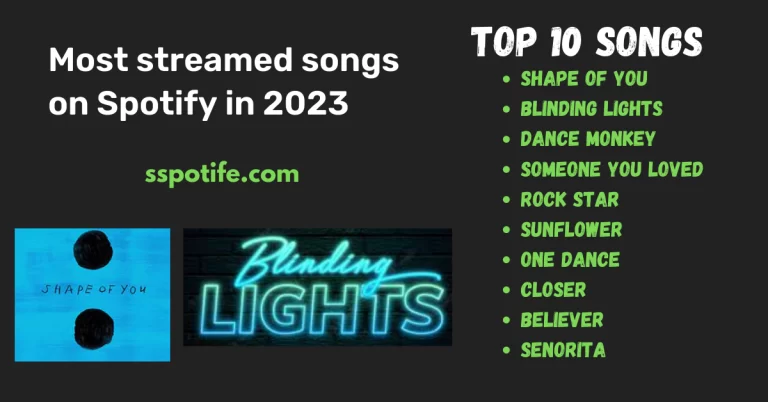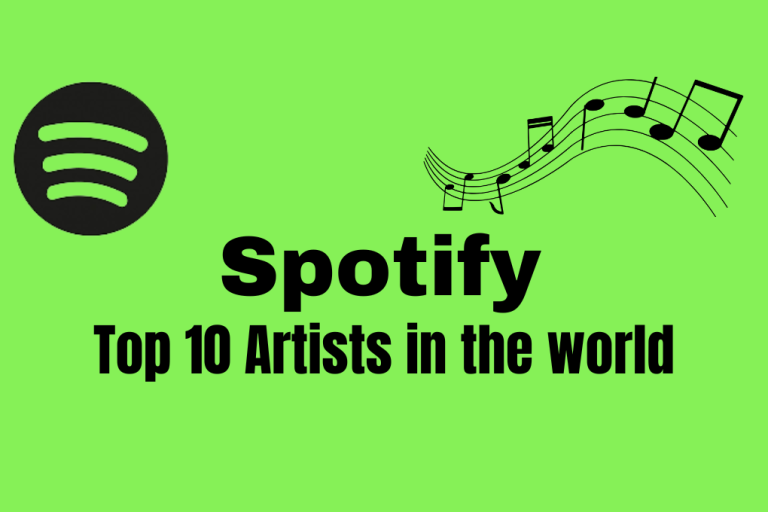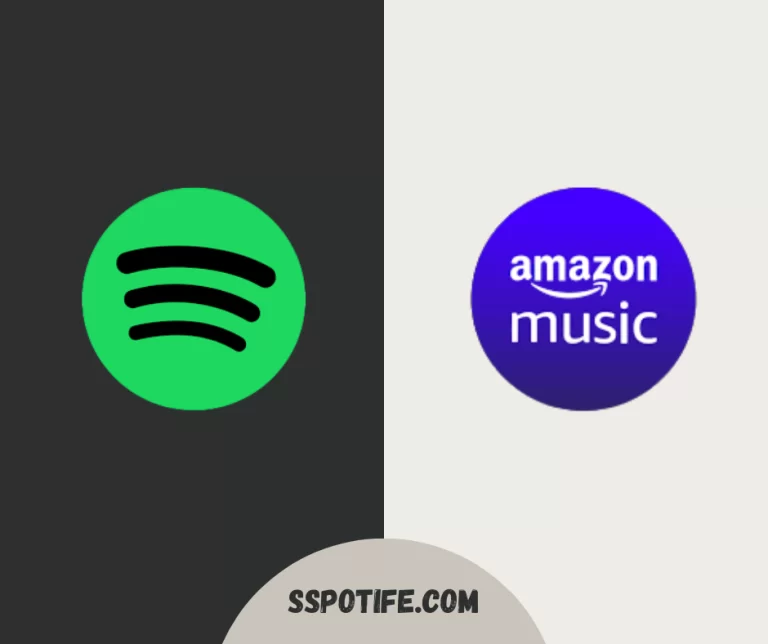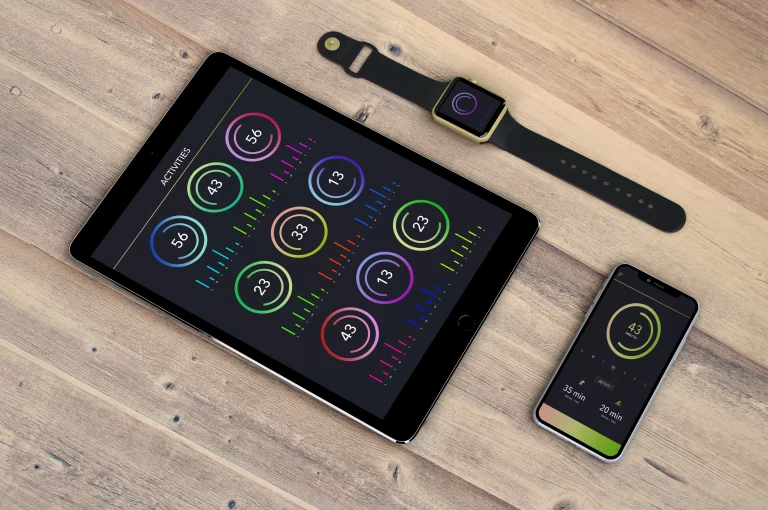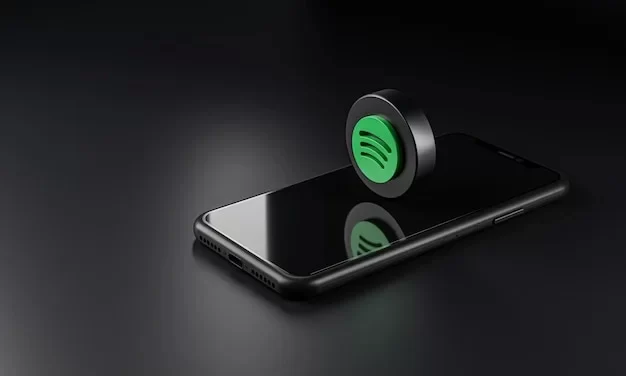Spotify restricts on-stream rippers utilizing Audials to save tracks.
When we talk about stream-ripping, we prefer to focus on YouTube since it has attracted the most significant activity (and tools) for ripping broadcasts into downloadable files, including music. However, the software is capable of pulling streams from audio providers, and one of those services looks to be cracking down on the practice once more. Market Research Telecast caught up on a post on the forum of software startup Audials (slogan: “It’s my stream”), whose Audials Music product offers to preserve music from Spotify, Amazon Music, SoundCloud, Tidal, and Deezer as “a private copy” for customers by capturing the computer’s audio output. According to Audials, Spotify has now begun banning people’s accounts who were discovered using the program with an email.
This Audial mostly promotes the “faster” Spotify service in addition to recording.
Spotify will deploy “high-speed recording” for its consumers in July 2021.
While listening to Spotify, it might be difficult to distinguish whether you are recording or not. As a result, recording is inaccessible to Spotify.
Spotify devised a mode termed “high speed” to answer this conundrum, in which both the PC program and the server perform 30 times quicker than usual. However, this service is not available via their official program. It is feasible to do so using third-party Windows apps such as the “Make Time Run Quicker” utility. If consumers can capture their stuff as quickly as they can, Spotify has secretly released Audials software.
They now have complete control over their users.
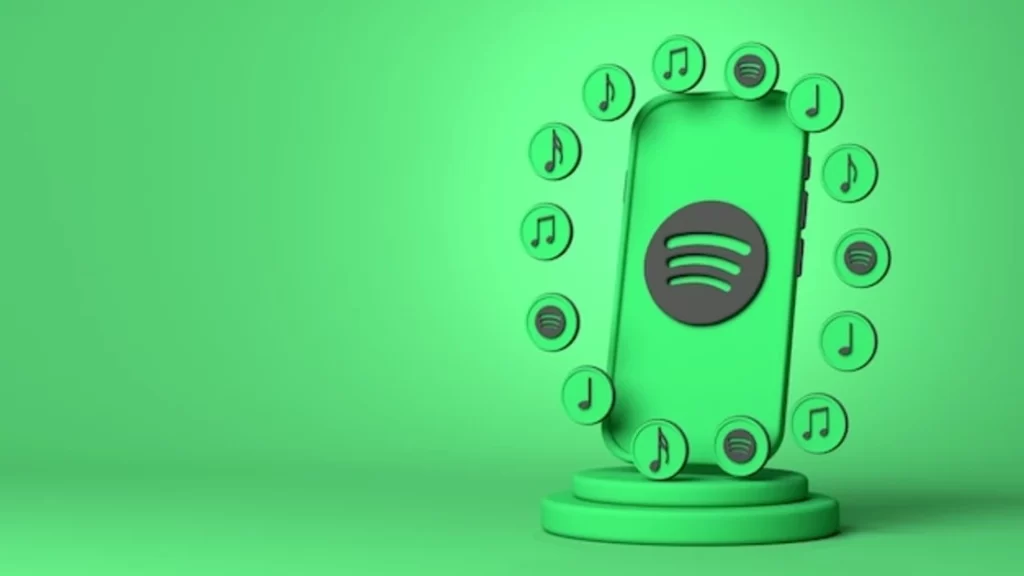
Spotify halts the subscriptions of Audials Music Users:
Audials Music users began publishing on the company’s official forum a few weeks ago, indicating that they had received an email from Spotify claiming that their accounts had been disabled due to misuse.
According to a statement from the Audials team, “Spotify has concluded that your account was involved in an illegal use of the Spotify service that prohibited the laws of use, including potentially unauthorized downloads.”
The issue appears to be that Spotify collects information on when and how its members access audio recordings and was able to uncover that users triggered rapid streaming with Audials than is normally permitted. Audials expresses it in such a way:
“Spotify appears to keep robust information on each user in its servers.“
As per Audials, accounts can be unblocked:
While Audials customers were definitely frustrated when their accounts were suspended by Spotify, a new statement published by Audials implies that a little bowing and scraping to the Swedish streaming platform leads to suspensions being reinstated.
“If you want to avoid getting banned, don’t engage Audials’ ‘high speed’ option when recording, especially after you’ve been unblocked.”
There’s also no indication that Spotify can identify the streaming and storing of tunes played at normal speeds. Audials further points out that Spotify’s ‘high speed’ function isn’t accessible on other streaming services, therefore the issues aren’t present on Amazon Music or Deezer.
Is Capturing Streams Illegal? Audials say no!
According to Spotify Audials, recording streams is “probably allowed under US copyright law” as long as users do not overcome the DRM that protects music. However, such activity is strictly banned by Spotify’s terms and conditions. The user agreement states, “You must obey these regulations and should encourage other users to do the same.


